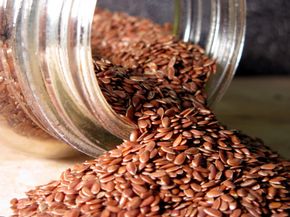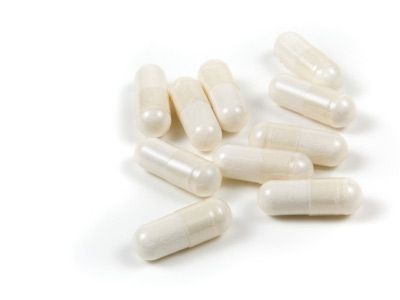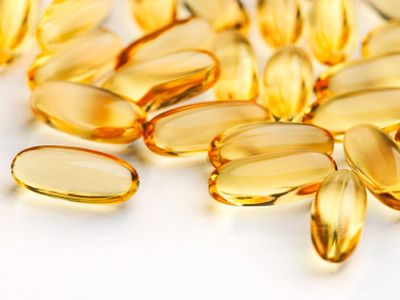When it comes to health, good things often come in small packages. The flax seed is no exception.
For much of recorded history, the flax plant has served the human species with great distinction. The stalk is used to make linen and its shiny golden brown seeds are used for animal feed as well as human consumption.
Advertisement
The seeds produce a vegetable oil known by two names: linseed oil and flax oil. Linseed is used to make paint thinner, wood finish and other industrial solvents. Flax oil is a tasty and nutritious condiment, ingredient and supplement. (Like that old "Saturday Night Live" skit said, "It's a floor wax and a dessert topping.")
Flax seed plays three primary roles in nutrition. First, the seed, powdered or ground, is rich in dietary fiber, both soluble and insoluble, making it a useful digestive aid. Second, it is one of the best source of lignans, a nutrient with antioxidant properties. Third, the seed contains a high concentration of omega-3 fatty acids. These fats are termed "essential" because they are necessary for survival yet cannot be produced by the body. Among the essential fatty acids, omega-3 is the type that the mainstream American diet lacks the most.
These factors make the little seeds a powerful and time-honored medicine. It is said that centuries ago, Hippocrates prescribed it for digestive problems and inflammation of the mucous membranes. Recently, thanks to the alternative medicine community, Americans have been rediscovering the flax seed. Its oil has become a very popular health food product, although natural health guru Andrew Weil recommends consuming the ground seed rather than the oil, because pressing oil removes the fiber and, usually, the lignans [source: Weil].
Flax is the subject of a fair amount of scientific research and its virtues are hotly debated. Read on to discover its benefits.
Advertisement


